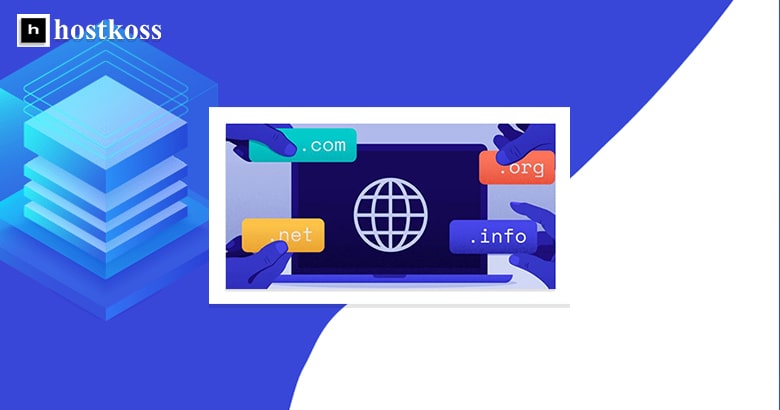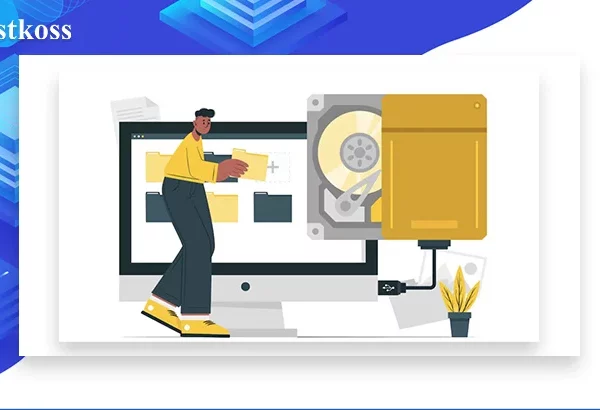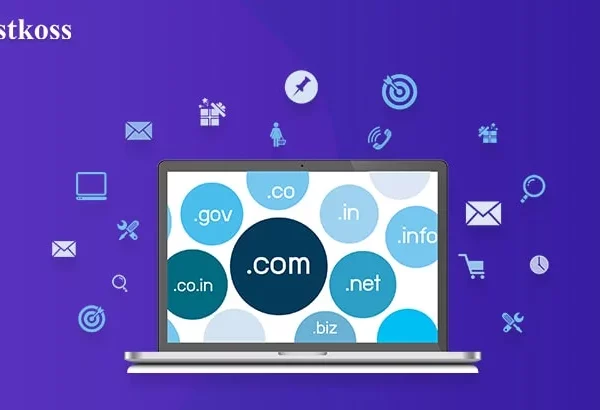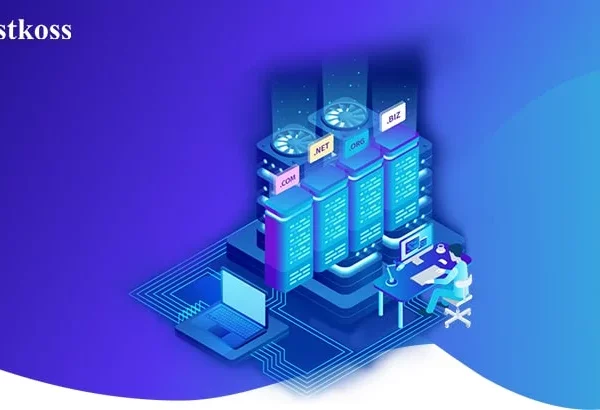Acquiring a domain name is an important step in the development of a website, but it is fraught with difficulties. When starting a business, it is very important to think about the choice of a domain name and check its availability. Finding an unclaimed name is a great start, but it is only half the battle. The next task after choosing a name is to research its use in the past.
If the name is clean, then you will be purchasing a brand new domain with a “clean slate” in search engine rankings. If the name has already been used, you should make sure that it complies with all the rules and is not blacklisted by search engines. In the same article, we talk about domain expiration dates, domain acquisition, how not to miss the renewal deadline, and other important domain-related issues.
How can it happen that I buy a domain name and then find out that it has already been used before? 🤷♂️
Such situations do arise. For many people, buying and selling domain names with high rankings and traffic is a business. Acquiring such a URL makes it easier to launch a new venture because the site will already rank higher in search engine results. In addition, you may come across a name that was once used but not renewed by the previous owner, and then it will become available to you.
Each domain has a certain expiration date specified in the registration policy. When a domain name expires and the owner does not renew it for some reason, the domain is first blocked for a certain period. After that, it is removed from the registry and becomes available for registration.
As already mentioned, each domain has its own registration period, which usually ranges from 1 to 10 years depending on the domain zone. Let’s take a look at the lifespan of domain names in popular domain zones.
Lifetime of domains in Ukrainian and international domain zones 🇺🇦
Ukrainian domain zones:
- Minimum registration period: 1 year.
- Maximum registration period: .UA, .COM.UA, .ORG.UA, .NET.UA – 10 years.
Renewal period: At any time during the domain registration period and within 28 days after the expiration date.
Recovery period: If the owner fails to renew the domain in time, it enters the Recovery Period for 30 days. During this time, renewal is possible, but at a price that is 5-10 times higher than the cost of registration/renewal, which is set by the administrator of each domain zone individually. Not all domain zones have a Redemption Period, for example, GOV.UA, .EDU.UA, .CO.UA, .BIZ.UA do not.
Deletion period: At the end of the redemption period, domain names are deleted from the registry and placed in the “Pending deletion” status for approximately 5 days. During this period, domain restoration is not possible.
International domain zones:
- Minimum registration period: 1 year.
- Maximum registration period: From 1 to 10 years depending on the domain zone.
Renewal period: Extends for 30 days after the expiration of the domain registration period. During this period, renewal is possible at the standard cost.
May vary 🔄 depending on the domain zone.
Redemption period: If the owner did not have time to renew the registration, the domain name can be resold or auctioned by the domain zone administrator or fall into the Redemption Period, in which restoration is possible at a price that is 5-10 times higher than the cost of registration/renewal, which is set individually by the administrator of each domain zone.
Deletion Period: If a domain is not renewed/restored, it is deleted from the registry and receives the status “Waiting for deletion” for about 5 days. Restoration is not possible at this stage.
If the domain is not renewed, it goes through the deletion procedure and becomes available for registration again. If a website has been operating for some time, accumulating rankings in search engines, but has ceased to function, domain restoration makes it possible to purchase a name with existing SEO value.
Read also: How to get a free domain for your website
FAQs and answers
A domain registration term is a period of time for which you lease the right to use a particular domain name. Usually it is one year, but you can choose a longer term, for example, two or even ten years.
Expiration of the registration period may result in your domain becoming available for registration by other persons or organizations. This can lead to loss of traffic, reputation, and even brand rights.
The domain renewal period is the period during which you can renew your domain registration after the expiration of the lease. Usually, it is a few weeks or months, but the exact terms depend on the registrar.
If you miss the domain renewal deadline, your website may temporarily stop working and your domain name may be considered free for registration by others. If someone else registers your domain, it could result in a loss of traffic and your brand reputation.
You can find information about your domain’s registration period in your account with your domain registrar. Typically, registrars will send a notification about the upcoming expiration of your registration to your registered email address.
To avoid problems with domain registration expiration, you should set up an automatic registration renewal. This will allow your domain to remain registered for the required period without the need for manual intervention.
It is recommended that you regularly check the registration period of your domains, for example, once a quarter or every time you change your contact information. This will help you avoid unpleasant surprises and renew your registration in a timely manner.



